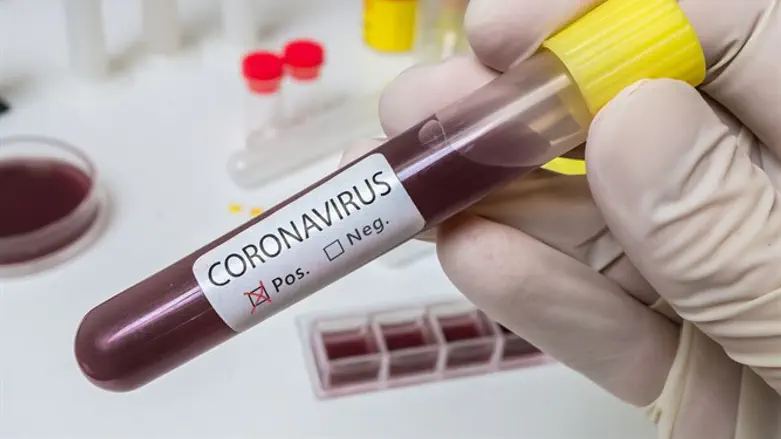
People who recover from COVID-19 can develop antibodies to fight off coronavirus infections in the future.
Several labs and pharmaceutical companies are hoping to harness the power of antibodies with a drug that could help treat and prevent COVID-19 in the general population.
One such drug company is Regeneron Pharmaceuticals, which is preparing to test a potential treatment in human trials starting next month, says Leonard Schleifer, the company’s president and CEO.
The experimental treatment uses antibodies to neutralize the coronavirus’s ability to reproduce, he says. It does so by blocking the virus’s spike protein, which is what allows the virus to attach to cells.
Get a daily rundown on what's happening locally with coronavirus: testing, treatments, economic impacts and Boston's road to recovery. Sign up now.
“For the virus to work, it has to hijack your cells, and to hijack your cells it has to get inside your cells, and to get inside your cells, it uses this spike literally to attach to the outside of your cell and then tunnel its way into your cell,” Schleifer says. “We literally surround this spike so that the virus cannot get into your cells, and it renders it harmless.”
Regeneron’s drug uses the same antibodies that people develop when they become sick and recover from the coronavirus, he says. Scientists can also use a combination of human and mouse antibodies for these drugs.
In any human trial, scientists are looking to prove that the drug doesn’t cause any harm, which Schleifer says they don’t expect with this drug because “there's lots and lots and lots of experience giving antibody-like drugs to humans.”
The other thing they want to prove is its efficacy, he says.
“That is, if we give it to people who are sick, will we make them better than not treating them?” he says. “Or if we give it to people who have not yet got the virus, will we prevent them from getting the virus?”
One of the main concerns with this type of drug is meeting the global demand for it. Schleifer says this type of drug wouldn’t be able to treat hundreds of millions of people in the way a vaccine could.
“It'll have to be a lot more limited,” he says. “You might be able to treat millions of people, and you might want to treat the most high-risk people or the people who are actually sick, but we won't be able to use it broadly. You could think of this in that respect as sort of a bridge to, hopefully, a successful vaccine.”
Schleifer says we must learn from this pandemic how to build that biologic manufacturing capacity, so we will be prepared for when the next novel coronavirus comes around.
While hundreds of drugs on the market right now claim to treat COVID-19 — many of which haven’t been approved by federal regulators — Schleifer says he’s confident scientists will discover a reliable treatment “down the road.”
He says he’s especially confident about his company’s approach because antibody-like drugs have been proven to work during past disease outbreaks.
“I don't think we're conceptually doing something that's so unusual,” he says. “Technologically, it's an amazing breakthrough. I am excited. It worked for Ebola. Nothing is done until you have the data, but we're optimistic.”
